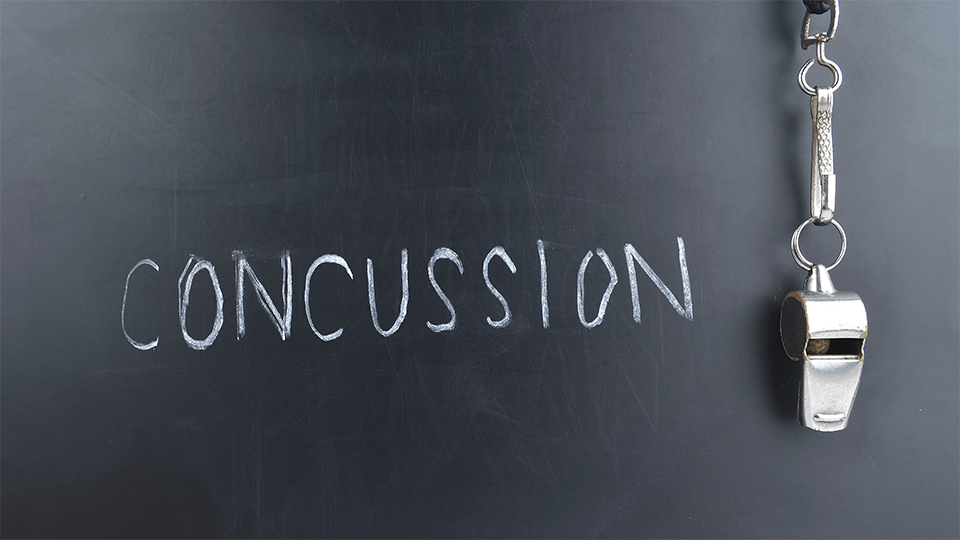Concussion triples adult suicide risk
Adults who experience a concussion have a long-term suicide risk that is three times higher than that of the general population, says a new study published in the Canadian Medical Association Journal. That risk increases by a further third if the concussion occurs on a weekend.
“Patients who experienced a concussion were at increased risk of suicide regardless of demographic factors such as age, sex, socioeconomic status or past psychiatric conditions," says the lead researcher Donald Redelmeier who is a senior core scientist at ICES and a physician at Sunnybrook. "We also found that each additional concussion was associated with a further increase in suicide risk, and that the risk was higher still when the concussion occurred on a weekend.”
In this large study, the researchers identified 235,110 adult concussion patients over a 20-year period using diagnostic codes from the Ontario Health Insurance Plan database. They looked at whether concussions occurred on a weekend or a weekday, to distinguish between recreational injuries and occupational injuries. The mean age of patients was 41 years, about half were men, and the majority lived in cities. Most had no prior suicide attempt, prior hospitalization or previous psychiatric disorder.
Over the 20-year period studied, the researchers subsequently observed an additional 470 suicide deaths in the concussion patients not accounted for by expected rates of suicide. The average time delay between concussion and suicide was six years.
Among the study's findings:
- Of the 168,188 patients experiencing concussion who had no prior suicide attempt, psychiatric diagnosis or hospitalizations, a total of 387 completed a suicide, equal to an absolute risk of 24 per 100,000, or more than twice the population norm.
- Having multiple concussions was associated with a further increase in suicide risk, increasing the relative risk of suicide by an additional 30 per cent with each additional concussion.
- The increased risk of suicide following weekend concussions was present in all patient subgroups, regardless of demographic factors.
- Several other factors were additional independent predictors of the long-term risk of suicide including male sex, low socioeconomic status, prior psychiatric diagnosis, and past attempts.
"We know that a concussion can cause lasting changes in the brain that can alter mood, perhaps resulting in behaviour changes including impulsivity,” says Redelmeier. “It’s possible that we’re seeing greater suicide risk linked to weekend concussions due to risk-taking associated with recreation or misadventure, whereas weekday injuries may be linked to employment hazards. We may also be seeing an effect of self-blame if the injury event was self-initiated.”
Noting that further investigation is needed, the authors say their findings suggest that a past history of a concussion may be relevant when assessing a patient’s suicide risk.
“Understanding how a history of concussion raises the risk of suicide, and supporting patients with better screening, treatment and follow-up for recovery may be important steps in preventing these tragic and avoidable deaths.”
Watch: Dr. Donald Redelmeier on risk of suicide after concussion »
View a plain-text version of the infographic »
Concussion and suicide
235,110 adults diagnosed with a concussion over a 20-year period in Ontario
Concussion tripled their risk of suicide in the long term
Average time between concussion and suicide: 6 years
Suicide risk increased:
- 30% with each additional concussion
- When the concussion occured on a weekend
Prevention
Better support for concussion patients with screening, treatment and follow-up for recovery.








